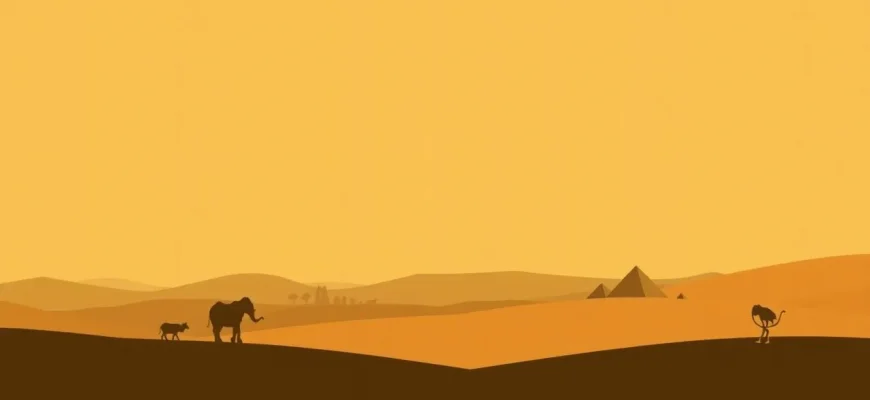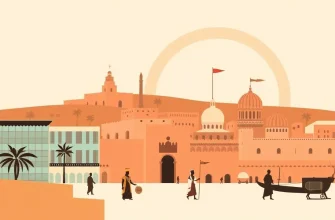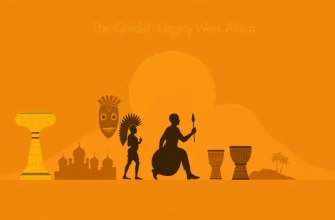The history of African empires is as rich and diverse as the continent itself, filled with tales of power, conquest, and cultural richness. This curated list of films brings to life the grandeur and complexity of these empires, offering viewers not just entertainment but a window into the past. From the rise and fall of great kingdoms to the personal stories of those who shaped history, these films provide a cinematic journey through time, celebrating the legacy of African civilizations.

The African Queen (1951)
Description: While primarily a love story, "The African Queen" is set during World War I in German East Africa, offering a glimpse into the colonial era's impact on African societies.
Fact: The film was shot on location in the Belgian Congo, now the Democratic Republic of the Congo.
 Watch Now
Watch Now 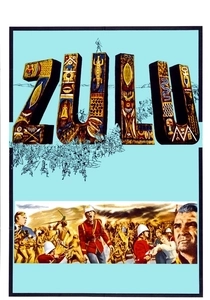
Zulu (1964)
Description: "Zulu" captures the Battle of Rorke's Drift during the Anglo-Zulu War, showcasing the bravery of both the British soldiers and the Zulu warriors. It's a testament to the military prowess of the Zulu Empire.
Fact: The film was shot on location in South Africa, and many of the Zulu extras were descendants of those who fought in the actual battle.
 Watch Now
Watch Now 
Khartoum (1966)
Description: "Khartoum" dramatizes the siege of Khartoum by the Mahdi's forces, showcasing the clash between the British Empire and the Mahdist State in Sudan.
Fact: Charlton Heston and Laurence Olivier both starred in this epic historical drama.
 Watch Now
Watch Now 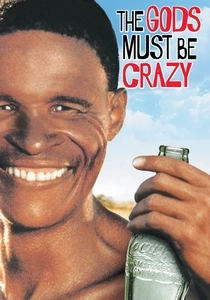
The Gods Must Be Crazy (1980)
Description: While comedic, this film offers a glimpse into the lives of the San people, whose culture was influenced by the surrounding African empires.
Fact: The film became a cult classic and was one of the highest-grossing foreign films in the U.S. at the time.
 Watch Now
Watch Now 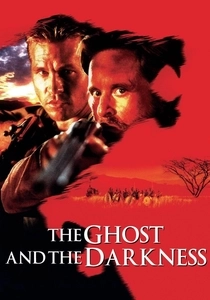
The Ghost and the Darkness (1996)
Description: This film, set during the construction of the Uganda-Mombasa Railway, touches on the colonial era in East Africa, highlighting the clash between European ambitions and African landscapes.
Fact: The film is based on the true story of the Tsavo maneaters, two man-eating lions in Kenya.
 Watch Now
Watch Now 
The Four Feathers (2002)
Description: Set during the British campaign in Sudan, this film explores themes of honor and redemption, reflecting on the colonial interactions with African empires.
Fact: The film was shot in the Sudanese desert, providing an authentic backdrop.
 Watch Now
Watch Now 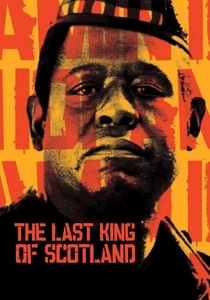
The Last King of Scotland (2006)
Description: While not directly about an African empire, this film delves into the reign of Idi Amin, whose rule had echoes of imperial ambitions, offering insight into the political landscape of Uganda.
Fact: Forest Whitaker won an Academy Award for Best Actor for his portrayal of Idi Amin.
 Watch Now
Watch Now 
Timbuktu (2014)
Description: Set in modern-day Mali, "Timbuktu" explores the impact of jihadist rule on a small town, reflecting on the historical significance of the city as a center of learning and culture in the Mali Empire.
Fact: The film was nominated for the Best Foreign Language Film at the Academy Awards.
 Watch Now
Watch Now 
The King of Masks (1996)
Description: Although not directly about an African empire, this Chinese film explores themes of tradition and legacy, similar to the cultural preservation seen in many African empires.
Fact: The film was a major success in China and won several international film festival awards.
 30 Days Free
30 Days Free 
The Lion of Africa (1988)
Description: This film focuses on the life of Cecil Rhodes, whose ambitions and actions significantly impacted Southern African history, including the formation of the British South Africa Company.
Fact: The film was shot in Zimbabwe, where much of Rhodes' legacy is still visible.
 30 Days Free
30 Days Free 
